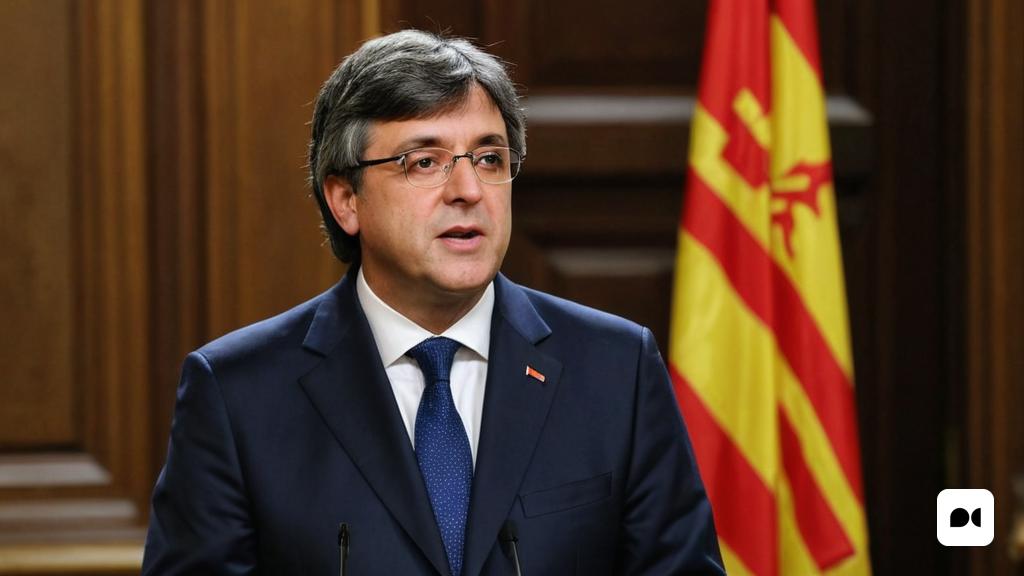The imminent inauguration of a new president
In the coming days, it is expected that Salvador Illa, the socialist candidate, will be appointed president of the Generalitat, unless the ERC bases decide to take a position contrary to the current direction of Marta Rovira. The investiture session could coincide with the return to Catalonia of Carles Puigdemont, who would be prepared to face the legal consequences of his trip.
The consequences for Puigdemont
Should the investiture take place, it is likely that Puigdemont will be arrested immediately. The term of his possible sentence will depend on the decisions of the Spanish judiciary, which has always acted with a dynamic that seems independent of the other authorities. This situation brings ERC to a crossroads, after the elections of May 12, in which the party was affected by a series of unfavorable results.
The weight of the electoral message
Right now, ERC is facing a crucial challenge: correctly interpreting the message they have received from the ballot boxes. His decision on whether to support Illa’s investiture or opt for a new electoral process is more complicated than it might seem. The feeling that power in the hands of ERC can have devastating repercussions if the party decides on a wrong strategy flat on its leadership.
ERC’s internal dilemmas
The satisfaction expressed by Marta Rovira in relation to the financing agreement with the Socialists does not necessarily resonate with the sentiment of the Republican bases. The debate on Illa’s investiture is facing an internal storm, with Puigdemont sending a provocative message: will ERC be an accomplice to someone who will be arrested? This is the real question that hangs over the party’s decisions.
A scene of tensions
The conflict between Puigdemont and Pedro Sánchez is inevitably part of the narrative surrounding the future investiture. Despite an apparent initial agreement between the PSOE and Junts, the current scene is being worked on in a climate of mistrust and rivalry between the different pro-independence factions, with multiple internal power struggles marking ERC’s political agenda.
Future options for ERC
The options are limited and complex. If ERC decides to join the socialist pool, the risks are high, and the path is not certain. Alternatively, an alliance with Junts, although it could enable a united front in future elections, would imply recognizing the figure of Puigdemont as the leader of the movement. Finally, a bet on its own training can plunge ERC into a sea of difficulties that is increasingly difficult to navigate.
Final reflections
The decision that ERC must take is marked by deep uncertainty. Navigating such a turbulent political context requires not only a well-thought-out strategy but also consolidated leadership. The drifts of the recent past threaten to suffocate the party’s future ambitions, and the time to act is presented with unprecedented urgency.

